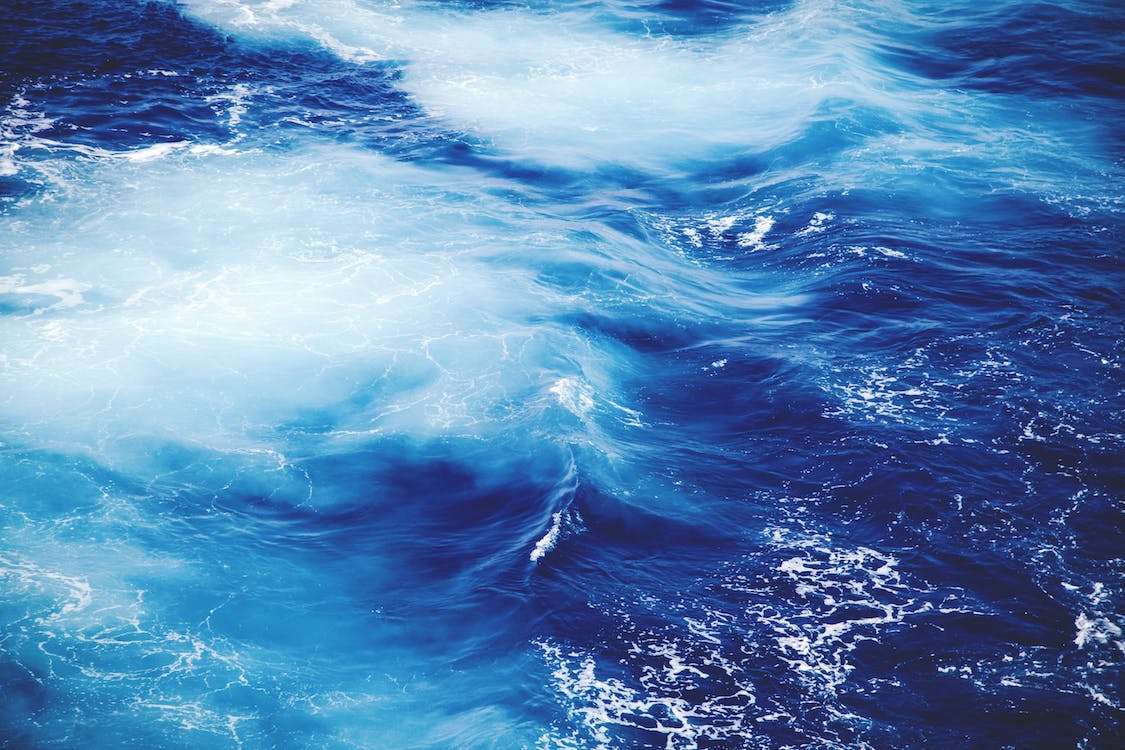Combating sabotage of submarine cables and pipelines is first and foremost a matter of law enforcement. The problem is that the international law of the sea, as traditionally understood, does not provide coastal States with sufficient authority to effectively respond to sabotage activities beyond their territorial waters (for an in-depth discussion, see here). The European Commission and the High Representative for Foreign Affairs have recently proposed that the legal framework for intercepting and boarding vessels should be carefully assessed to enhance the security of submarine cables in accordance with the UN Convention on the Law of the Sea. At the same time, NATO doctrine is clear that hybrid operations against Allies could reach the level of armed attack and could lead the North Atlantic Council to invoke Article 5 of the North Atlantic Treaty. In reaction to the Nord Stream incident, then NATO Secretary General Jens Stoltenberg reportedly told journalists that an attack on critical underwater infrastructure could trigger NATO’s collective defence clause. This…
NATO
Page 1 of 2
US Withdrawal from NATO and Its Impact on Access to Greenland
The US has long expressed interest in acquiring Greenland. Most recently, President Trump indicated a desire to ‘get’ the island by whatever means necessary. While the motivations remain somewhat unclear, there is – despite political rhetoric – no doubt as to Danish sovereignty over the island. Refusals to rule out…
Critical Maritime Infrastructure and the Regime of the EEZ: A Blank Cheque for Saboteurs?
In April 2023, Scandinavian journalists uncovered that Russia was running a large-scale programme to spy on offshore wind farms, submarine cables and pipelines, and other infrastructure in the North and Baltic Seas. Security experts say the activities are likely to prepare the ground for sabotage. Foreign Policy commented: “Russian…
Another Fish in The Sea or the New Kid on The Block? The Newborn NATO Mission Appeals Tribunal – Part II
The First Cases Decided by the MAT 2023 was a pivotal year for the MAT. Not only its establishment process was completed, but also the first cases were decided and finally made public in January 2024. In adjudicating them the MAT judges could solve some of the most relevant challenges, highlighted in part…
Another Fish in The Sea or the New Kid on The Block? The Newborn NATO Mission Appeals Tribunal – Part I
The Mission Appeals Tribunal (MAT) is a new international administrative tribunal (IAT), formally established in 2022 through a NATO internal directive, to provide judicial relief to civilian personnel hired in out-of-area NATO-led missions. Following an initial period, the MAT started operating in 2023 when it was officially presented to the interested staff members, its constitutive…
- Page 1 of 2
- Last
